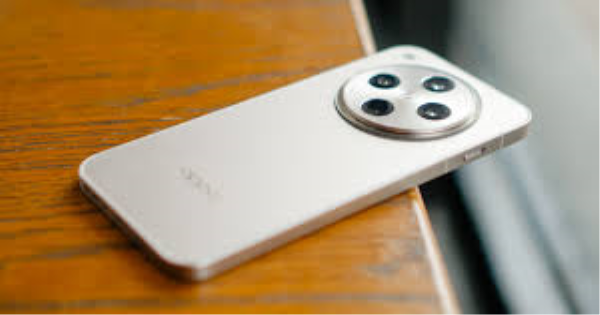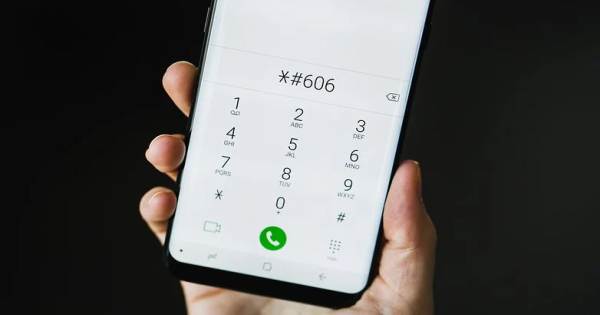It was Dr David Warren who first thought of the idea for a machine that would record the voices and instrument readings in the cockpit of an aeroplane. Dr Warren worked as a scientist at the Aeronautical Research Laboratory in Melbourne, Australia.
In the 1950's a number of Comet jet-powered airliners had crashed and a cause for the disasters could not be found.
David Warren thought that a recording of the pilot and other members of the flight crew, as well as instrument readings at the time of the crash, might give clues as to the cause of a crash.
No one was very interested in his idea.

Original 'black box' ARL Flight Memory Unit (1956)
So, with the help of two of his colleagues, David Warren made a recording device that would do the job. It was named the "ARL Flight Memory Unit" and was produced in 1957. It would record, on steel wire, the pilot's voice and instrument readings for 4 hours. The machine was tested successfully but still no one in Australia was interested in building and selling them.
In 1958, the Secretary of the United Kingdom Air Registration Board, who was visiting the ARL, saw the Flight Memory unit and was very enthusiastic. He arranged for David Warren to take his machine to England.
In England, David Warren was given a team of scientists to help him make new and improved models of the Flight Memory Unit. New models were housed in crash and fire proof boxes and were sold to many countries.

A modern flight recorder looks like this (they're never black!)
After a crash of an aircraft in Australia in 1960, a judge ordered that all Australian airliners had to carry a flight recorder. Australia was the first country to make a ruling like this.
Now every airline in the world has a "Black Box" fitted to their aircraft.
In 2002, Dr David Warren was awarded the Order of Australia (AO) for his contribution to aviation. On receiving the honour, he said, 'It's very comforting that the black box is now accepted as being something useful to humanity.'
 Dave Warren with the Black Box
|
About Dr David Warren Born: March 20, 1925, on Groote Eylandt, Northern Territory Went to schools in both Sydney and Launceston Graduated from Sydney University with a Science Honours Degree Worked as a teacher and as a lecturer in chemistry Became a rocket-fuels chemist at Woomera, South Australia in1950 Began work at the Aeronautical Research Laboratories in 1953 Built the world's first cockpit-voice and flight-data recorder in 1958 |
Top Contributors
Related Articles
Samsung Galaxy A56 Leads Trending Smartphones | Oppo Find X8 Ultra Enters Top 10
- Ilmkidunya
- 16/Apr/2025
University of Management and Technology (UMT) – Press Release UMT and Binance Join Forces to Advance Blockchain Education in Pakistan
- Ilmkidunya
- 10/Apr/2025
Starlink Internet in Pakistan: Launch Expected by December 2025, Says IT Ministry
- Ilmkidunya
- 08/Apr/2025








.gif)


































